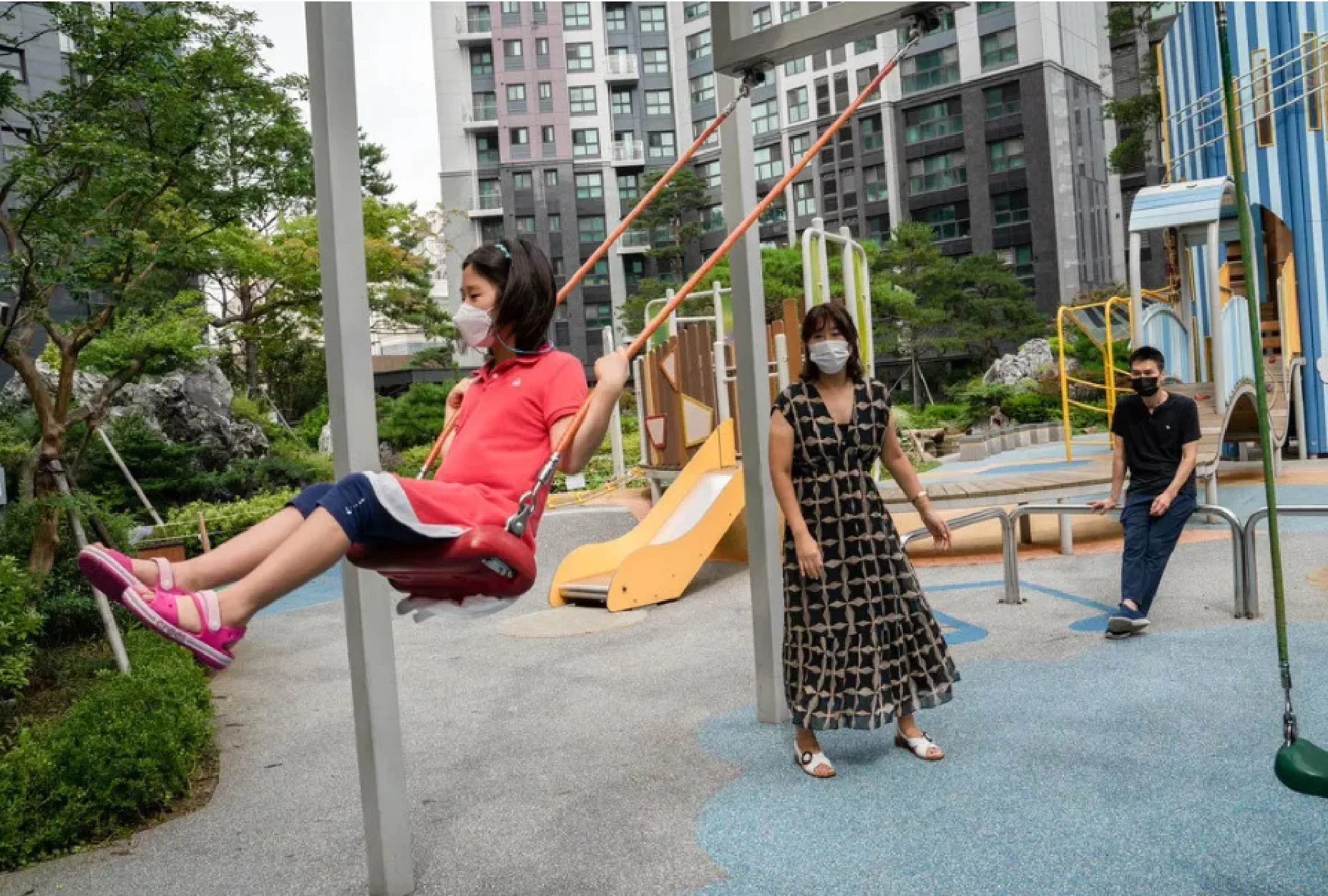3 MINUTE READ
WORDS THAT YOU MUST KNOW AND BE AWARE OF
NDIS RESOURCES
A mother and a kid having fun on an indoor swing. They both have face masks on. People with disabilities who are eligible for an NDIS plan have had access to funds since the National Disability Insurance Scheme (NDIS) was established. Supports must, however, be of a sort that can be legally given or funded, and they must also meet the NDIS reasonable and necessary requirements in order for your plan to pay for them.
WHAT, THEREFORE, IS REASONABLE AND ESSENTIAL?
The National Disability Insurance Agency (NDIA) summarizes itself as follows: "Laws governing what can be funded by the NDIS were created by the Australian government. Before we can fund any support under your plan, they must all adhere to the standards set forth in these regulations. These are referred to as the NDIS financing criteria." "For instance, supports must be relevant to your disability, cost-efficient, effective, and useful, and they must be sponsored or given by us in the most suitable way. These requirements must be met not only by each support individually but also by the supports collectively.
WISH TO LEARN MORE?
Here are six essential criteria regarding what is deemed reasonable and required.
1. The assistance will enable you to work toward the objectives listed in your plan. Keep in mind that you are free to create any goals you choose and modify them at any time. It's crucial to understand that the NDIA is not required to pay for all of your objectives.
2. The assistance will enable you to engage in social or economic activity. It will assist in lowering the participation obstacles brought on by the interaction between your handicap and community accessibility.
3. The assistance is cost-effective and affordable given the advantages you'll experience and the price of alternative supports. In order for the NDIS to be financially viable for you, existing participants, and future participants—recognizing that anyone can develop a disability at any time—the NDIA argues this is crucial.
A home modification may lessen your need for other supports, so if the NDIA plans to fund one, it will need to take that into account when determining what other supports are reasonable and necessary, such as the amount of care you need at home. The Agency claims that when evaluating value for money, it takes a long-term view of supports and how they'll benefit you. For instance, a home modification may reduce your need for other support.
The Agency may need to reduce the quantity of care it funds if the home modification lessens your need for care since a higher amount might not be fair or essential when the full package of support is taken into account.
4. The assistance will be useful to you and effective, and it is regarded as current excellent practice. In other words, the NDIA will take into account whether individuals with disabilities who have similar support needs as you do are also successfully utilizing the support. Additionally, if there is proof that other participants with comparable disability support need as you are also benefiting from the help you have asked for, you might not need an expert report for each and every support.
5. The help is funded based on what can be reasonably expected from society as a whole. The Agency considers your age when determining what is realistic to anticipate from your informal support, including family (if you are in contact with them), caregivers, friends, neighbors, and community organizations.
According to this way of thinking, it makes more sense for a friend to assist you in expanding your social circle than a hired support worker. The NDIA will also examine whether the strength of your informal support is waning, such as if your parents are getting older and finding it more difficult to care for you.
6. Lastly, the NDIA confirms that the support is funded by the NDIS in the most appropriate manner before concluding. It won't pay for services like mainstream healthcare, education, justice, housing, or other supports that everyone is entitled to receive elsewhere (even if they aren't).
Your local area coordinator or NDIS planner will consider the reasonable and necessary standards for each assistance as well as the overall reasonableness and need of your plan and its usefulness to you as a whole.
Additionally, each of these six points is covered in more detail on the NDIS website, along with case study-style examples.
READ NEXT
3 MINUTE READ
ACTIVITIES THAT YOU AND YOUR FAMILY CAN ENJOY THIS SUMMER
Australia's summer is unparalleled. Balancing on a surfboard, wandering through an art museum, and even coming face to face with...
1 MINUTE READ
AUSTRALIA’S TOP ACCESSIBLE HIKING TRAILS
Some of the most stunning and well-known nature trails in the world can be found in Australia, and many of them are...
3 MINUTE READ
A MUST TO KNOW WHEN LOOKING FOR NDIS PROVIDER
A government program called the National Disability Insurance Scheme (NDIS) provides funding for those who have disabilities. It has been...




